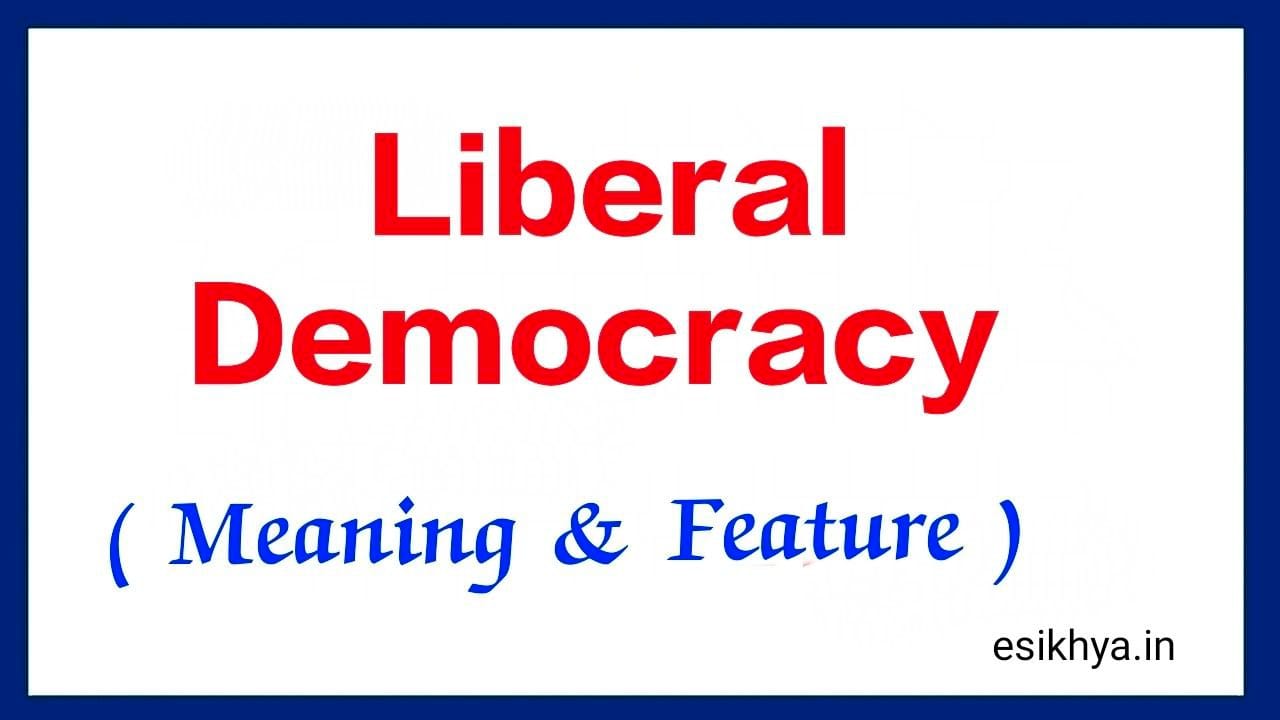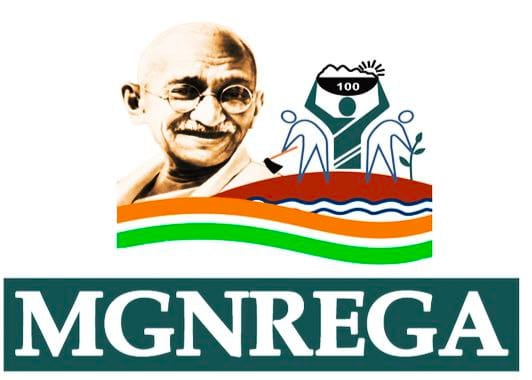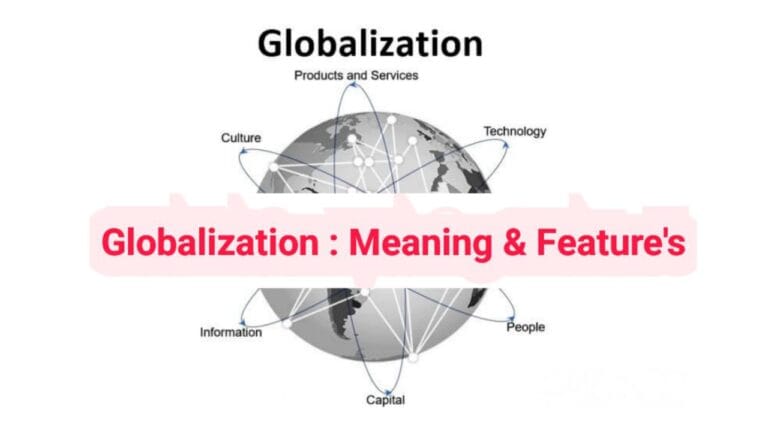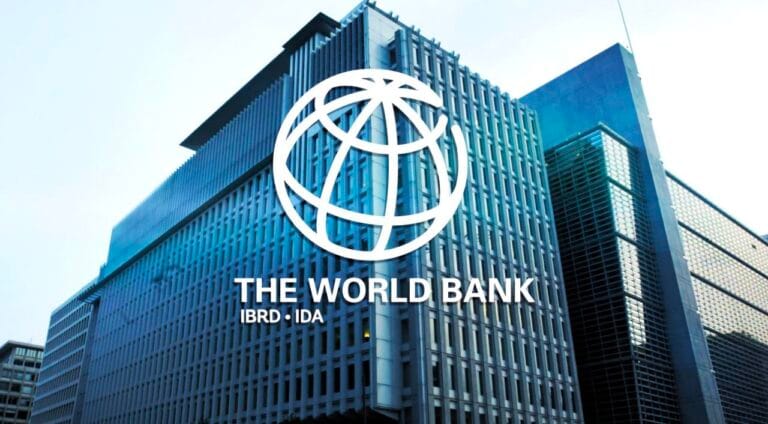Define Liberal Democracy And Discuss It’s Features

Definition of Liberal Democracy
Liberal democracy is a form of government that combines representative democracy with the protection of individual rights and freedoms, grounded in the rule of law. In a liberal democracy, the government is elected by the people and is accountable to them, while its powers are limited by a constitution or legal framework to ensure the protection of individual liberties, including the rights of minorities. It emphasizes both majority rule and the protection of civil liberties, ensuring that government power is checked and balanced to prevent abuses.
Liberal democracies strive to achieve a balance between popular sovereignty (government by the will of the people) and the protection of human rights and freedoms, making sure that the government does not infringe on personal freedoms in the name of majority rule.
Key Features of Liberal Democracy
- Free and Fair Elections
- Liberal democracies hold regular, free, and fair elections that allow citizens to choose their representatives without coercion or manipulation. These elections are open to all eligible citizens and ensure that leaders can be held accountable and replaced if necessary.
- Example: In countries like the United States and the United Kingdom, elections are held at regular intervals, allowing for peaceful transitions of power.
- Protection of Individual Rights and Liberties
- A core principle of liberal democracy is the protection of fundamental rights such as freedom of speech, freedom of assembly, freedom of religion, and the right to a fair trial. These rights are often enshrined in a constitution or legal framework, providing a check on government power.
- Example: The Bill of Rights in the U.S. Constitution guarantees freedoms like speech, religion, and the press, protecting individuals from government overreach.
- Rule of Law
- In a liberal democracy, the rule of law is upheld, meaning that all citizens and government officials are subject to the same laws. The legal system operates independently, and laws are applied fairly and consistently.
- Example: Courts in liberal democracies, such as those in Germany or Canada, operate independently to ensure that laws are applied justly and without political influence.
- Separation of Powers
- Liberal democracies are characterized by a separation of powers between different branches of government—typically the executive, legislative, and judicial branches. This separation ensures checks and balances, preventing any one branch from gaining too much power.
- Example: In the United States, the President (executive branch), Congress (legislative branch), and the judiciary are separate, with distinct powers to limit overreach by any one branch.
- Pluralism and Political Competition
- Liberal democracies encourage political pluralism, where multiple political parties and interest groups can compete for power. This ensures that a wide variety of perspectives and ideologies are represented, providing voters with choices.
- Example: Countries like India and France have multiple political parties that compete in elections, reflecting the diverse viewpoints of their citizens.
- Minority Rights Protection
- While liberal democracy is based on majority rule, it also safeguards the rights of minorities. Constitutional protections or legal frameworks ensure that minority groups are not oppressed by the majority and that their rights are respected.
- Example: Anti-discrimination laws in liberal democracies protect ethnic, religious, and sexual minorities from unfair treatment by the government or the majority population.
- Freedom of the Press
- A free and independent press is a crucial component of liberal democracy. The media plays a key role in holding the government accountable, ensuring transparency, and providing citizens with the information they need to make informed decisions.
- Example: In countries like the UK and Sweden, the press operates independently from government control, allowing for investigative journalism and open criticism of government policies.
- Civil Society and Civic Participation
- Liberal democracies support a vibrant civil society, where individuals and groups can organize, debate, and participate in political life. This includes the right to form political parties, unions, and advocacy groups.
- Example: In liberal democracies like Denmark and Australia, non-governmental organizations (NGOs) and community groups play an important role in influencing public policy and engaging citizens in political processes.
- Accountability and Transparency
- Governments in liberal democracies are accountable to the people, and there are mechanisms to ensure transparency in decision-making. Citizens have access to government records and can hold leaders responsible through elections or legal means.
- Example: Freedom of Information laws in liberal democracies, such as the UK or New Zealand, allow citizens and journalists to access government documents and scrutinize public actions.
Conclusion
Liberal democracy stands out as a political system that merges the ideals of democratic participation with a strong emphasis on individual freedoms and rights. It ensures that government power is checked through mechanisms like the rule of law, separation of powers, and the protection of civil liberties, creating a system that balances both majority rule and the protection of minority rights. This makes liberal democracy a robust and enduring system of governance in many parts of the world.







Thanks for your personal marvelous posting! I quite enjoyed reading it, you
may be a great author. I will always bookmark your blog and will come back in the
future. I want to encourage you continue your great work, have a nice holiday weekend!